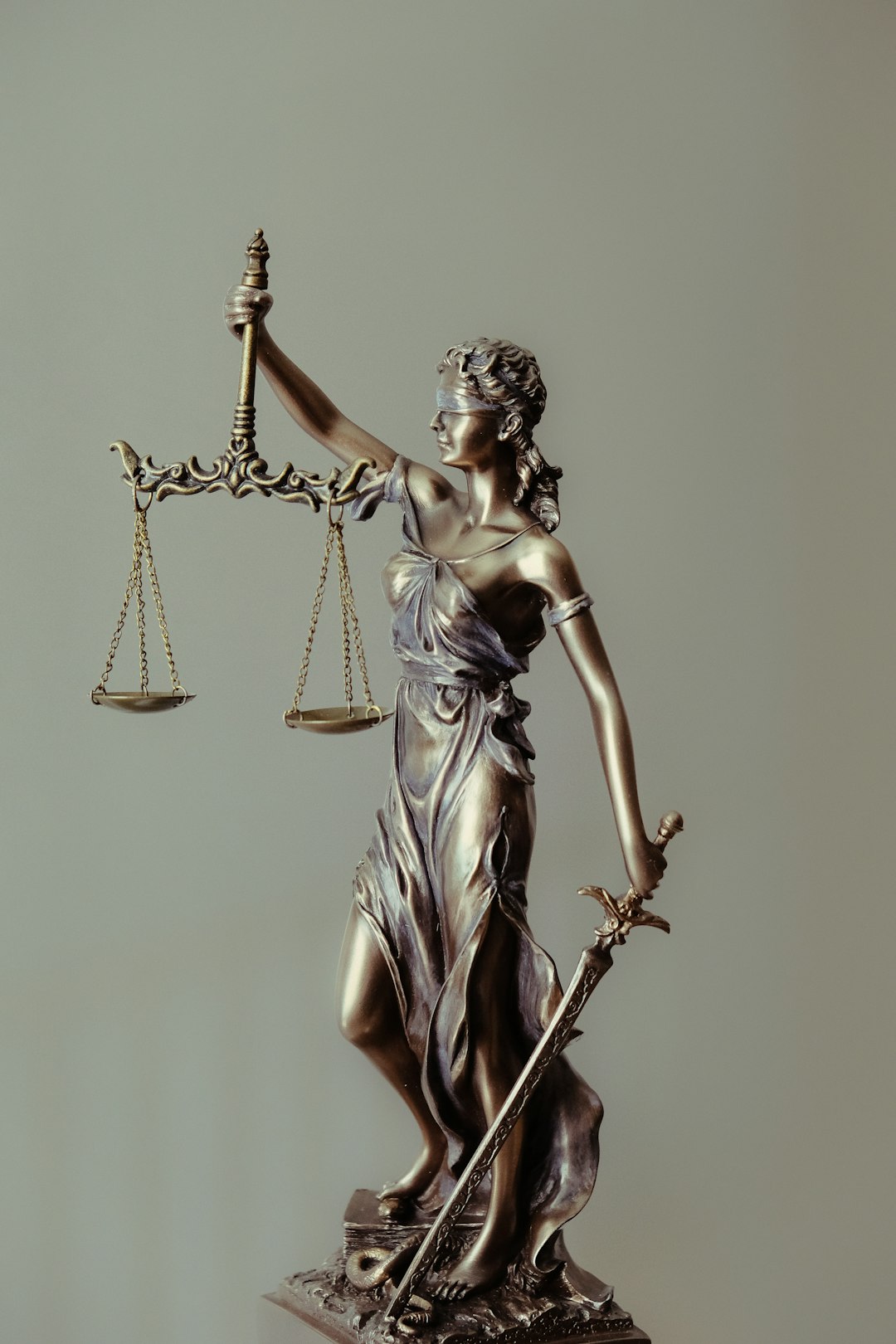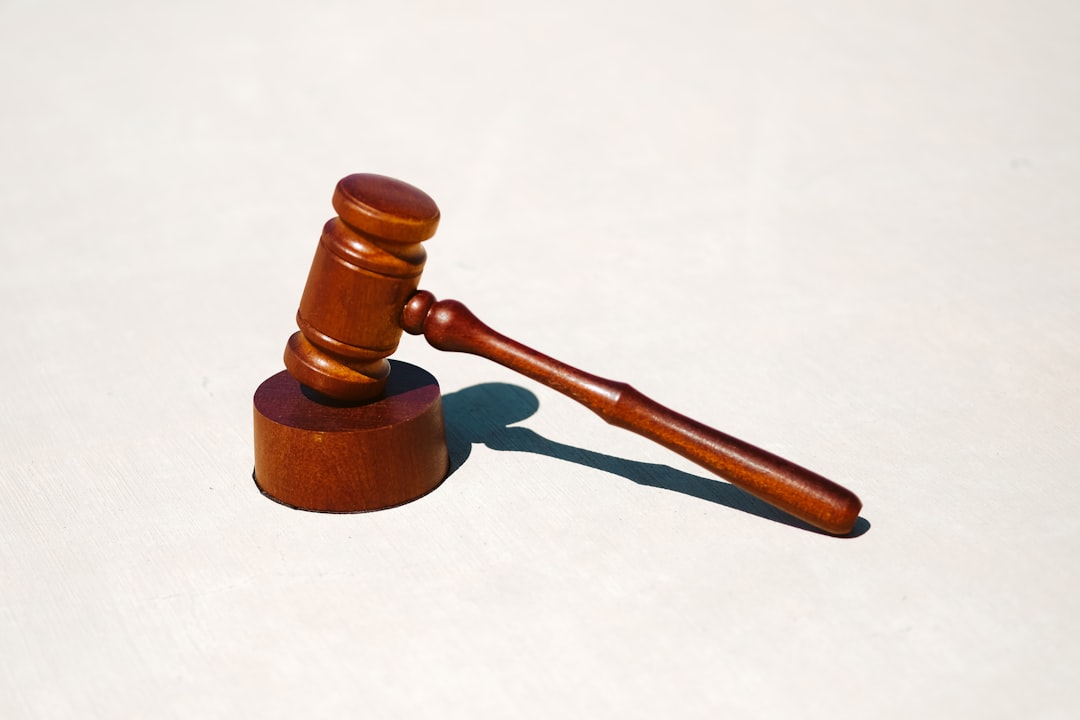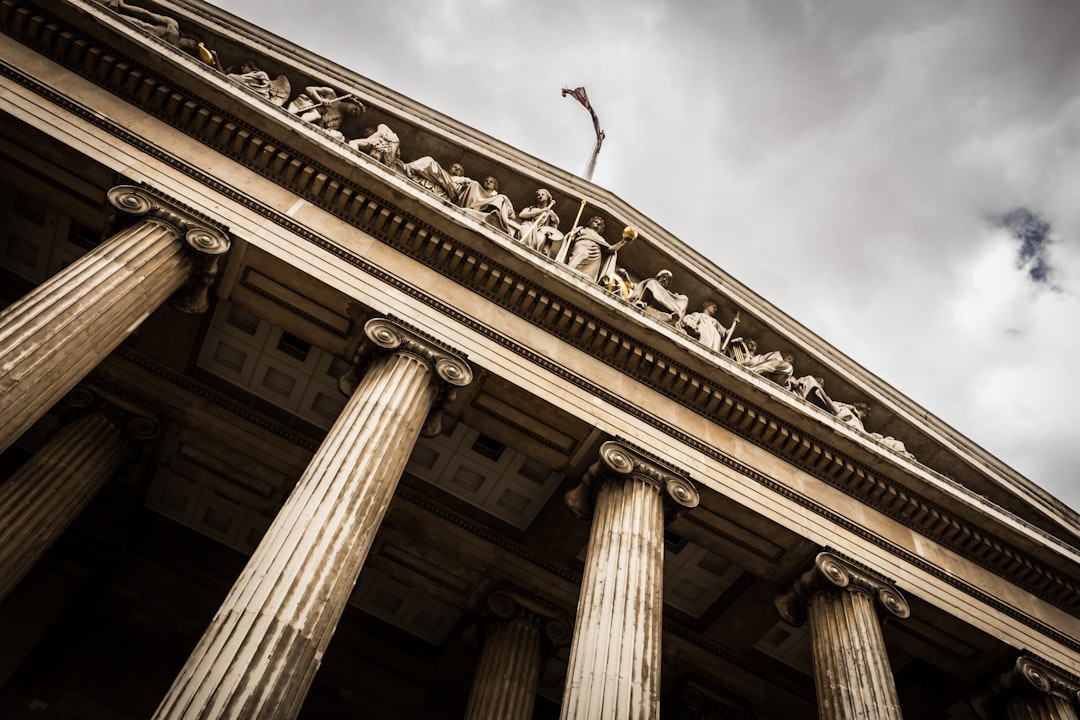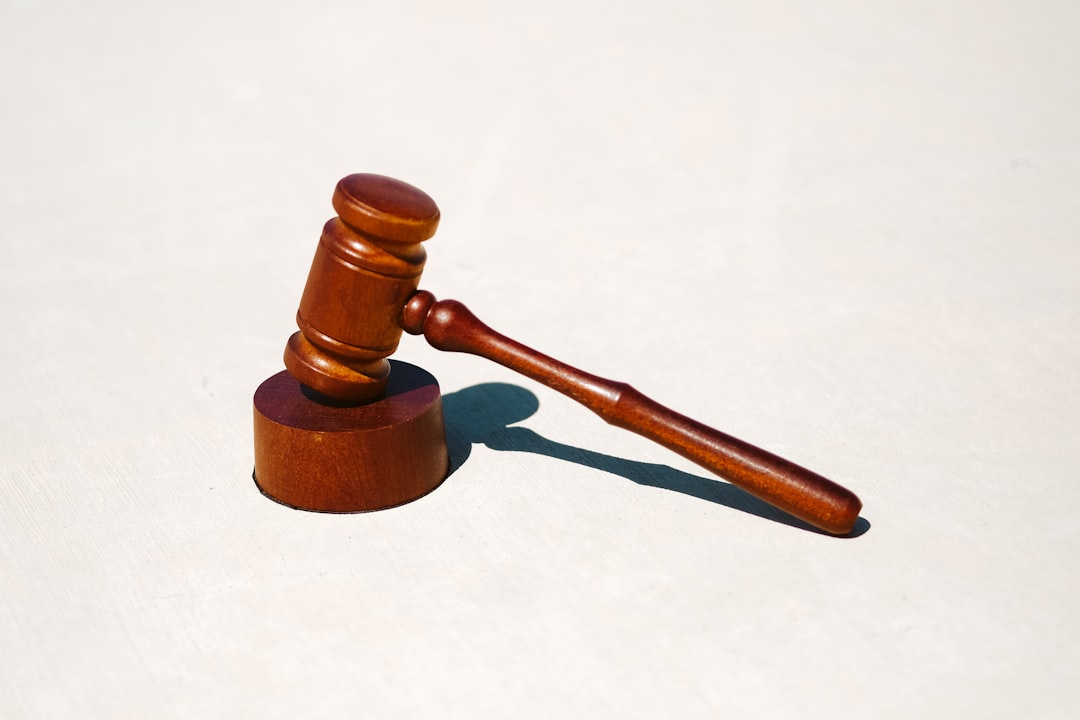In the pursuit of justice for sexual assault cases, forensic evidence plays a pivotal role. For a rape attorney in New York, understanding and utilizing these scientific tools effectively can make all the difference. This article navigates the intricate process of using forensic evidence in Yonkers rape trials, from recognizing its value to overcoming challenges. We explore crucial aspects like collection and preservation, diverse types of evidence, and successful case studies, providing insights for rape attorneys to strengthen their arguments.
Understanding Forensic Evidence: A Rape Attorney's Perspective

Forensic evidence plays a pivotal role in rape trials, and a skilled rape attorney in New York understands its intricate value. From DNA analysis to physical abnormalities discovered during medical examinations, these pieces of evidence can either convict or exonerate an individual. A rape lawyer’s perspective often involves meticulously scrutinizing such evidence to ensure its integrity and relevance.
In the high-stakes environment of a rape trial, attorneys must be adept at interpreting complex scientific data. They collaborate closely with experts in forensics to navigate the nuances of each case. This process includes evaluating the collection and handling of evidence to prevent any contamination or tampering that could compromise the outcome. A rapist’s defense often hinges on challenging the admissibility and reliability of forensic findings, making it crucial for attorneys to possess a deep understanding of these methods and their limitations.
Collection and Preservation: Ensuring Admissibility in Court

The collection and preservation of forensic evidence are crucial steps in ensuring the admissibility of such evidence in Yonkers rape trials. Rapist attorneys in New York must adhere to strict protocols to maintain the integrity of the evidence, from the moment it’s collected until its presentation in court. This includes proper handling and storage to prevent any contamination or alteration, which could compromise its validity.
Forensic experts play a vital role in this process, ensuring that evidence like DNA samples, bodily fluids, clothing fibers, and other relevant materials are collected using standardized procedures. They also document each step of the collection process meticulously, providing a clear chain of custody for the evidence. This meticulous approach is essential to establishing its admissibility and helping rape attorneys in New York build strong cases for their clients.
Types of Evidence: DNA, Serology, and More for New York Trials

In Yonkers rape trials, forensic evidence plays a pivotal role in securing justice. Among various types of evidence, DNA analysis stands out as a powerful tool. Forensically obtained DNA samples can match suspect to victim or link suspects to crime scenes, providing definitive evidence. In New York, where stringent legal standards govern its admissibility, accurate collection and handling of DNA evidence is crucial for successful rape prosecutions.
Serology, another key area, involves the study of body fluids to determine their significance in a crime scene. This includes identifying sperm cells or other biological materials that can establish sexual assault. Additionally, other forms of physical evidence such as hair follicles, fibers, and fingerprints also contribute significantly. A rape attorney in New York must be well-versed in these types of forensic evidence to effectively use them during trials and ensure the best possible outcome for their clients.
Challenges and Counterarguments: Cross-Examining Expert Witnesses

In Yonkers rape trials, cross-examining expert witnesses is a complex task for rape attorneys in New York. While forensic evidence plays a crucial role in establishing the culpability of the accused, there are significant challenges associated with presenting and interpreting such evidence. Critics argue that human error or biased methods can compromise the reliability of forensic findings. For instance, DNA analysis may yield inconclusive results due to contamination or mishandling of samples. Moreover, experts’ subjective interpretations of physical evidence, like sexual assault medical examinations (SAMEs), can be contested.
Rape attorneys must be adept at countering these arguments. They employ thorough investigations, seeking independent corroboration and expert opinions to challenge the prosecution’s forensic evidence. Cross-examination strategies include questioning the witness’s methodology, training, and potential biases, as well as highlighting any inconsistencies in their previous testimonies or research. Such tactics not only test the validity of the forensic findings but also ensure a fair trial for the accused, ultimately strengthening the integrity of the justice system.
Case Studies: Successful Use by rape Attorneys in Yonkers

In real-world scenarios, rape attorneys in Yonkers have successfully employed forensic evidence to secure justice for their clients. These cases highlight the power of scientific methods in addressing sexual assault crimes. For instance, in a high-profile case, the prosecution used DNA analysis to link the defendant to the scene, providing irrefutable proof that led to a conviction. This strategy not only strengthened the attorney’s argument but also demonstrated the reliability of forensic techniques in rape trials.
Additionally, attorneys have utilized medical imaging and toxicology reports to reveal hidden injuries and trace the presence of drugs or alcohol, which can be pivotal in understanding the circumstances surrounding the assault. These case studies demonstrate that a comprehensive approach, combining scientific evidence with legal expertise, is instrumental in achieving favorable outcomes for victims seeking justice in New York rape trials.






